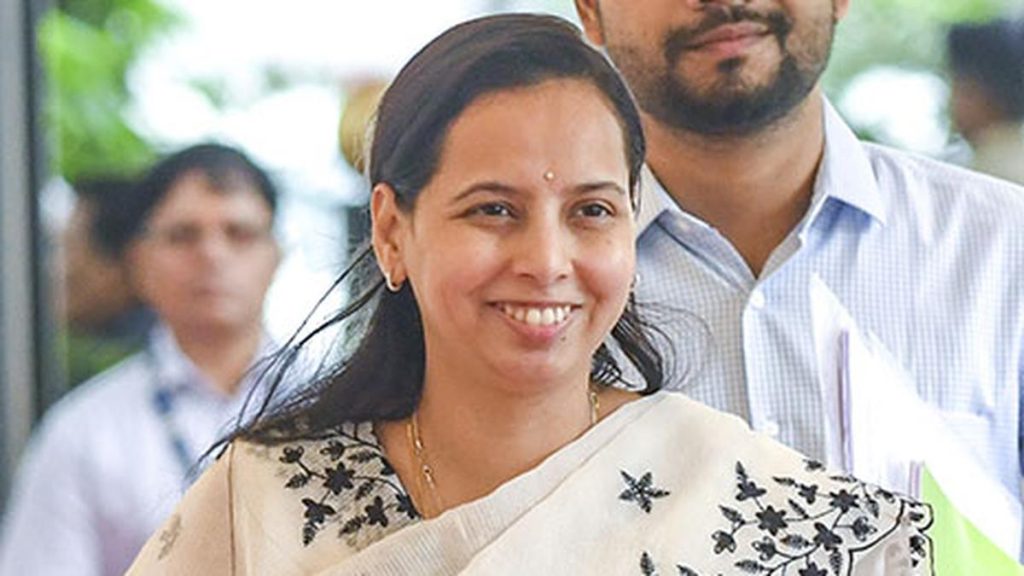Now Reading: MP Judiciary Still Influenced by Caste and Feudal Hierarchies: HC
-
01
MP Judiciary Still Influenced by Caste and Feudal Hierarchies: HC
MP Judiciary Still Influenced by Caste and Feudal Hierarchies: HC

Rapid Summary
- The madhya Pradesh High Court criticized the judicial hierarchy within the state, calling it reflective of a “caste system” and “feudal mindset.”
- A division bench comprising Justices Atul Sreedharan and D.K. Paliwali likened district judges to “shudras” or “les misérables” under the dominance of High Court judges, described as holding a feudal lord-like position.
- The court highlighted unfair practices such as district judiciary judges attending personally to High Court judges and not being offered seats, emphasizing an entrenched colonial tradition.
- The remarks were made in an order setting aside the termination of special court judge Jagat Mohan Chaturvedi, who was dismissed for granting bail orders at odds with perceived high court expectations.
- Chaturvedi allegedly faced societal humiliation without evidence to support corruption charges against him. His pensionary benefits were restored along with back wages and interest; the state government and MP High Court Registrar General were directed to comply within 90 days.
- The court imposed ₹5 lakh costs on the State government for wrongful termination,stressing that actions like these create fear within district judiciary ranks about passing autonomous judicial decisions.
Indian Opinion Analysis
The remarks by the Madhya Pradesh High Court underscore deep structural issues plaguing India’s judicial system. Allegations of caste analogies and feudal relationships between different levels of judiciary suggest a troubling disparity in power dynamics that could undermine fair governance of justice. Such criticisms gain significance as they come from within the institution itself, highlighting internal friction rather than external critique.
From a broader perspective, this case reflects systemic challenges where independence in decision-making at lower judiciary levels is allegedly stifled by hierarchical pressure. If unchecked,these dynamics could further perpetuate inefficiencies such as delays in pending bail applications or appeals-issues already burdening India’s legal ecosystem.Restoring Judge Chaturvedi’s benefits along with reparations sets a strong precedent for accountability among institutions entrusted with upholding justice. It signals that fairness must extend beyond individual cases to address underlying governance structures that influence judicial integrity across all levels.
Read More: Original Article Source























